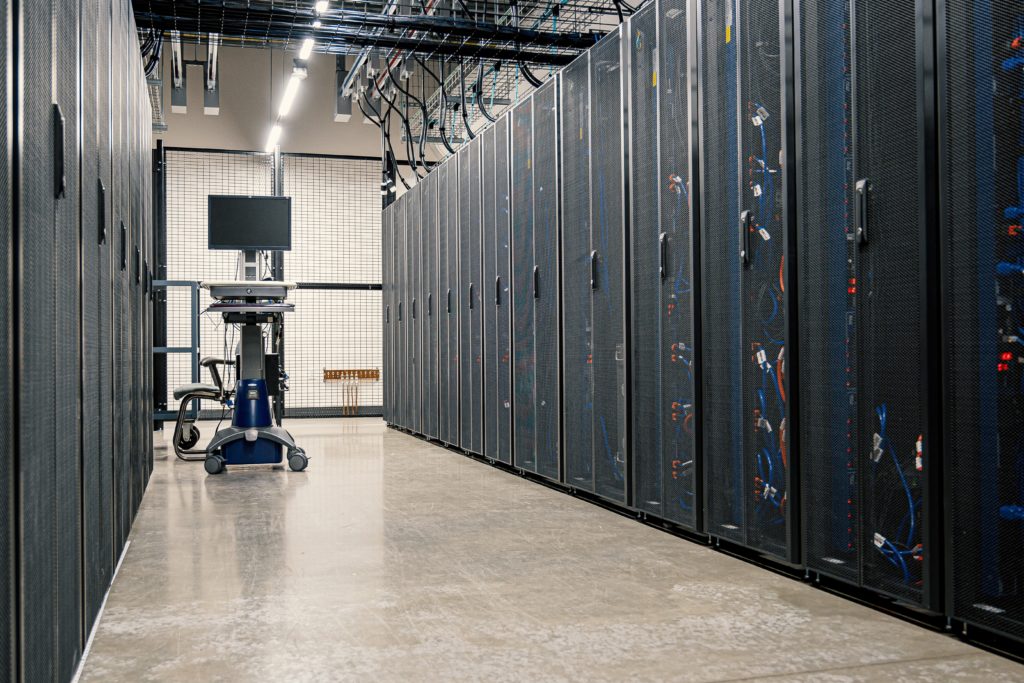
There are many different types of data storage and many different ways to store it. Some businesses are purely focused on the value of their data, so many are opting for the cloud. Others have decided that data storage is a long-term investment, and so they have turned to other methods of storing it, such as hard drives, backup tapes, or even archiving it. But what are some things that businesses need to consider when storing their precious data?
What To Look For When Storing Data
Businesses can store data in various ways on the web, but how can you do this optimally? Depending on the type of data you have, what level of security you need, and your budget, it will vary.
Performance Requirements
Are you reliant on large databases in your business? What are your most frequently used applications? Furthermore, you should check if your storage provider offers database denormalization. This can drastically speed up how your organization or customers can access information. But what are some examples of denormalization? It is possible to combine rows by joining them from different tables rather than running queries. You could also calculate aggregate values, and use pre-calculated calculations instead of complex expressions in the select lists, so you do not have to use highly complex queries. Furthermore, it would help if you looked into the types of disk technologies used by their server to optimize databases and other storage-dependent software applications.

Ease Of Access
No matter how secure your storage solution is or how affordable it might be, it will be useless if you cannot access your data efficiently. This includes ensuring your staff understands how to find the information they need and how to use it properly.
Compliance Requirements
Public companies and industries like healthcare and financial services where compliance and security are highly regulated face different issues when looking to store data. Outsourcing your data storage and management is a good decision, but ensure the managed services provider possesses the credentials necessary to provide a compliant, secure environment. If you fail to comply with all regulations, you may face severe penalties. If you decide to keep all sensitive and regulated data in-house, you will likewise need to ensure you comply with the relevant laws surrounding this type of data.
Capacity Requirements
Many cloud storage solutions can scale as you grow. However, it is a good idea to know before how much space you forecast you will need. Buying in bulk upfront can reduce costs and allow your storage provider to get prepared for the future. On the other hand, if you decide to store data in-house, you will need not only the correct capacity to begin, but you will need to ensure you have enough spare capacity to deal with surges if or when they come.
The Current State Of Your It Infrastructure
The task of deciding on a storage solution based on capacity and price is straightforward compared to figuring out how to connect your existing infrastructure to it. Large companies with more than 100 employees tend to have IT departments with expertise in networking, storage solutions, and application development. But IT resources in a small or mid-sized business have a broader but shallower knowledge. Therefore, you will need to know if your current setup can handle a complex implementation. If you believe that your IT staff is not up to the job, you may have to find a vendor that provides ongoing support. This will cost more, but the seamless integration and support can be worth it.
Security Should Be A Key Concern
Protecting against unauthorized entry should be your priority, but keeping a backup of your critical systems should be the second. Backup and disaster recovery are significant concerns for business owners, and storing data safely and securely is vital in any data storage system. A well-managed and planned backup system can also help you recover valuable data quickly after a disaster strikes. Additionally, many businesses are finding themselves the victims of ransomware attacks. This means that hackers download their data and threaten to delete it unless their demands are met. By maintaining a consistent backup schedule, this type of threat gets reduced.
Types Of Storage
Now that you know what to look for, you might wonder on what medium your data will be stored. Data Centers are constantly updating their technology but often still use older options. Most will combine one or more of the mediums listed below.
Hard Disk Drives (HDD)
HDDs is a storage drive that uses a rotating magnetic storage medium (usually a rigid disk) to store data. The basic idea is that data is continuously written to a drive’s magnetic storage surface in small sections (typically 1-4 KB or less) and then read back later in larger chunks (normally 4-16 KB). The advantages are that the cost per GB is cheap, but they are slower to access the information stored in them.
Solid State Drive (SSD):
These are a type of storage device that uses flash storage to store data on computer systems. The main difference between an SSD and a hard drive is that the former is not mechanical, and the latter uses rotating disks. This allows SSDs to have higher data transfer rates and less power draw than hard drives. SSDs are used in laptops to speed up boot times, often replacing the traditional, mechanical, spinning hard drive with SSD. They usually have a higher cost per GB.

Tape Drives
Tape drives were invented back in the 1960s, and they have been used ever since for backing up copies of essential data. A tape drive is a magnetic tape medium for storing large amounts of data. This data is stored on a medium referred to as a magnetic tape or tape backup. Tape drives are often used in backup systems to store data in a usable format for retrieval.
Businesses have a lot to consider when it comes to data storage. They must evaluate compliance in the case of regulated data, but also what kind of medium they want to store it on.
Support Northern Colorado Journalism
Show your support for North Forty News by helping us produce more content. It's a kind and simple gesture that will help us continue to bring more content to you.
BONUS - Donors get a link in their receipt to sign up for our once-per-week instant text messaging alert. Get your e-copy of North Forty News the moment it is released!
Click to Donate
